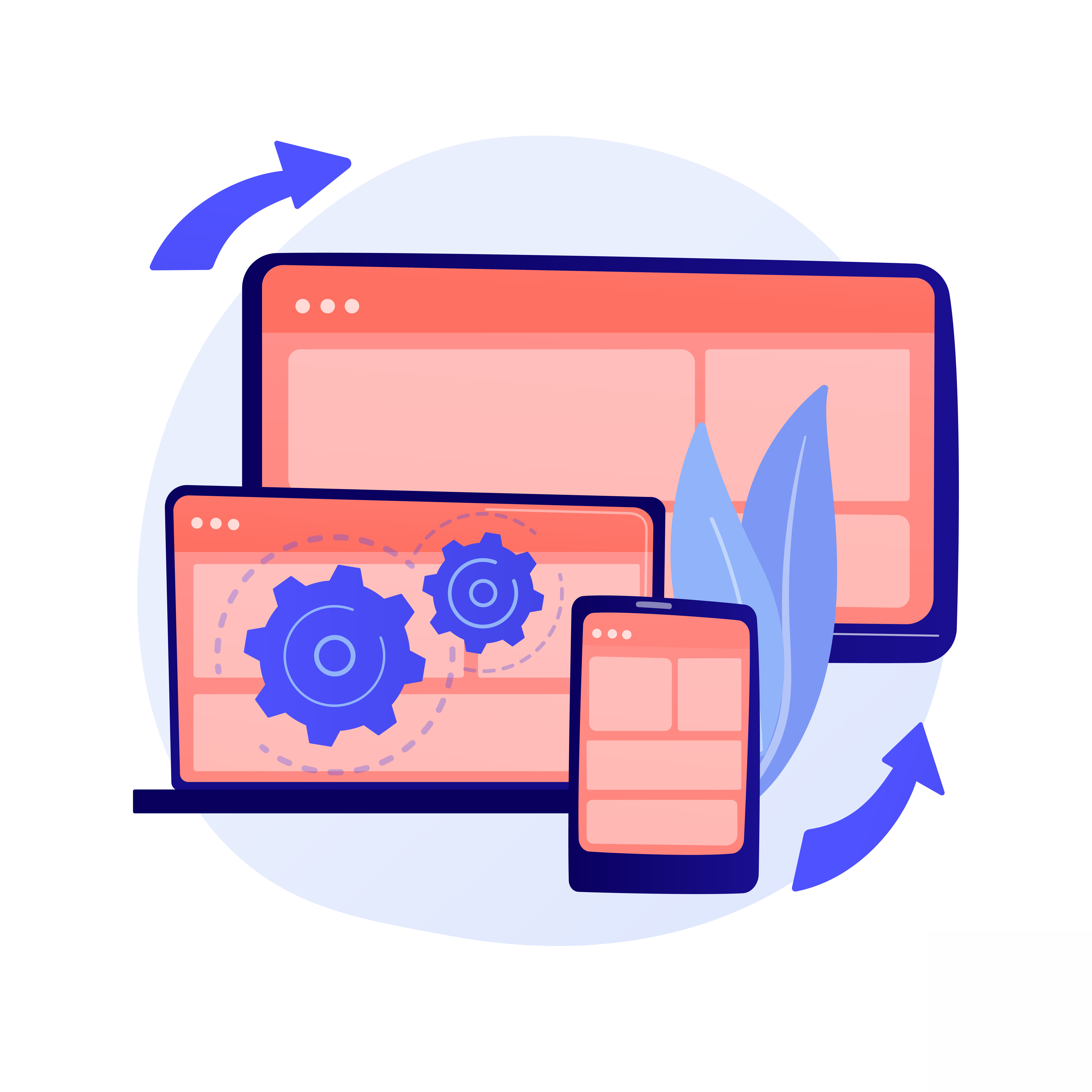The first time the word API popped up, it was a buzzword, but now API integrations are a must-have in organizations looking to implement digital transformation projects and keep ahead of their competition. Luckily, APIs (application programming interfaces) are all the rage. Companies including Microsoft and Google offer them, app developers use them, and customers expect them. Outside of what you see in the tech world, you probably know that APIs affect many other industries, from medicine to transportation to finance.
There’s a reason so many companies are getting on board with using APIs, and it has nothing to do with obscure buzzwords or hacking into people’s email accounts: It’s really about how they can help your business solve problems.
This article will explore what API integration means:
What are APIs?
Networked computers allow us to access and share information in ways that were previously impossible and will continue to give rise to amazing innovations for years to come.
API solutions are a collection of standards used to access data and services from different applications. It’s not the same thing as an app, but it provides a gateway that lets your computer or mobile device interact with another application or service.
To put it a little more simply, if you see an address bar at the top of a website, that means you can click on it. APIs are similar in that they allow you to get information from any number of external resources.
Benefits of API Integrations
The specific benefits can vary depending on the nature of your business, but you will see value from these integrations in many different areas, including but not limited to:
- AI/Machine Learning
AI and machine learning will impact every industry in one way or another. While these technologies are already being used in some industries, they’re going to accelerate in volume and scope.
APIs can help make AI work more efficiently. A good example is Google’s AMP efforts. AMP stands for Accelerated Mobile Pages, which is a web technology that allows websites to load more quickly.
2. Industry Trends
APIs are the perfect way to keep up with emerging industry trends, especially those that your competitors may be doing. For example, a medical app developer may not routinely look at automobile tech. However, if they see their competitor starting to offer APIs for car services or payments, they can begin to integrate them into their customer base in a seamless way.
3. Big Data and Analytics
The rise of big data technology is going to create a ton of new opportunities for businesses that implement these technologies correctly.
To make sure you have learned all you need to about API integrations and how great they can be for your business, it is important to understand the big question that many businesses are asking each other: What are API integrations? There’s a lot of information available online about API integrations, so we give you specifics on what that means, as well as some real-world examples.
In a nutshell, API integration is the reason why different applications can talk to each other and facilitate data sharing. Instead of trying to find a way to get all of your applications connected via some hard-to-use and outdated means, API integration allows you to create a customized solution that doesn’t require any new hardware or software to be purchased.
As mentioned before, the benefits of API integrations will vary based on what industry you’re in. For example, someone in the medical field may see different benefits than someone working in retail.









